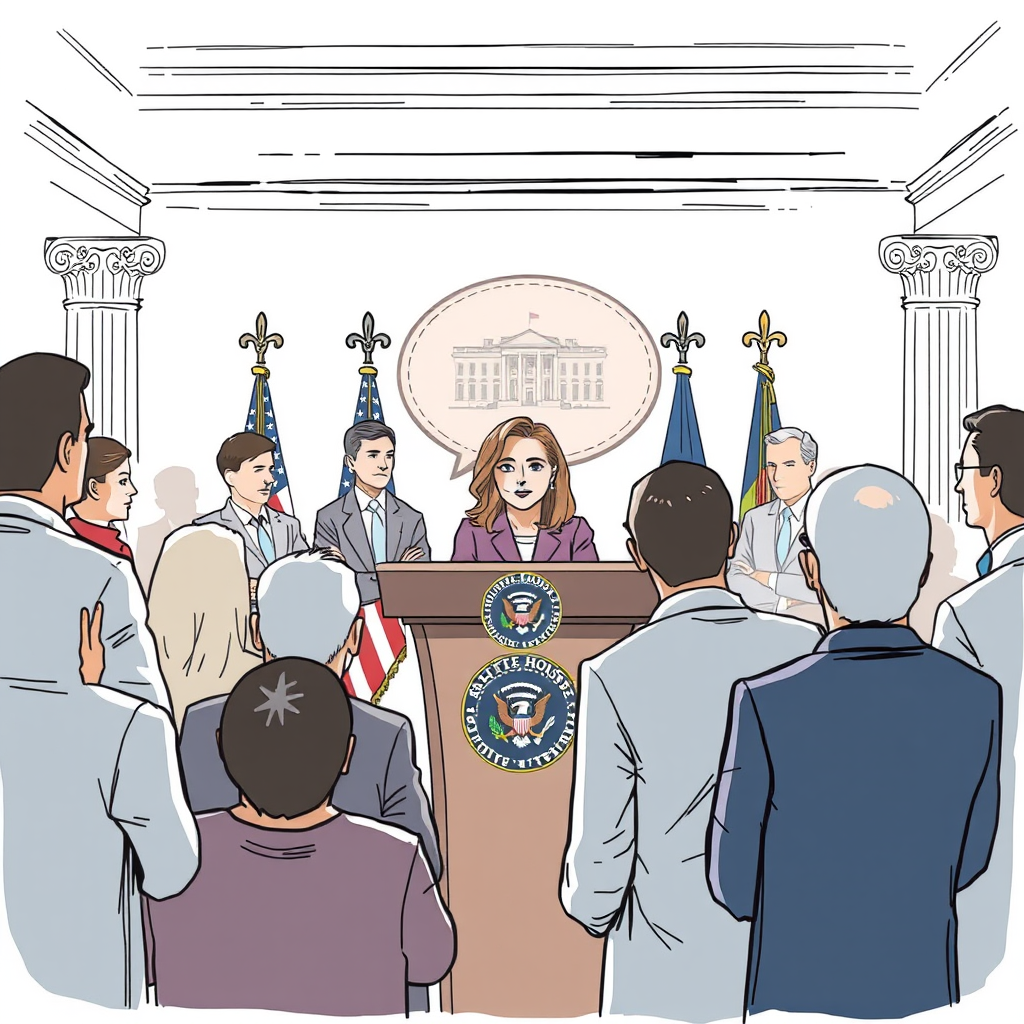White House Press Room Descends Into 'Open Hostility'

The White House press briefing room has descended into an environment characterized by antagonism and disrespect under the leadership of Press Secretary Karoline Leavitt, according to veteran White House correspondent Peter Baker of The New York Times. In a recent profile by Politico’s Adam Wren, Baker, who has covered 17 press secretaries throughout his career, described the current atmosphere as exceeding traditional adversarial relationships and venturing into “open hostility, and mockery and disparagement.” He asserts the administration doesn’t utilize briefings to inform or influence reporting, but rather as performance for its base – a “theater for the MAGA audience.”
The report details a deliberate shift in strategy. Leavitt, according to Wren, actively deflects challenging questions from mainstream reporters with dismissive responses while simultaneously welcoming easier inquiries from right-leaning media figures. This approach, coupled with what Wren describes as an amplification of former President Trump’s anti-media rhetoric and a disregard for factual accuracy, is eroding longstanding norms of White House press relations.
Reporters, while maintaining personal cordiality with Leavitt outside of official briefings, express concern over the continued dismantling of established protocols. The dynamic is further complicated by the perceived roles of Leavitt and White House Communications Director Steven Cheung. Reporters view Cheung as the more overtly confrontational figure, while Leavitt, according to the report, privately expresses a desire to adopt a similarly aggressive posture.
This situation is deeply troubling. While a degree of tension between the press and any administration is expected, the deliberate fostering of hostility and the apparent prioritization of appealing to a specific political audience over transparent communication with the broader press corps represents a significant departure from established practice. It’s not merely a change in style; it’s a fundamental shift in the purpose of the briefing room, transforming it from a forum for information exchange into a platform for political messaging and, potentially, the deliberate manipulation of public perception. The long-term consequences for press freedom and governmental accountability could be substantial.